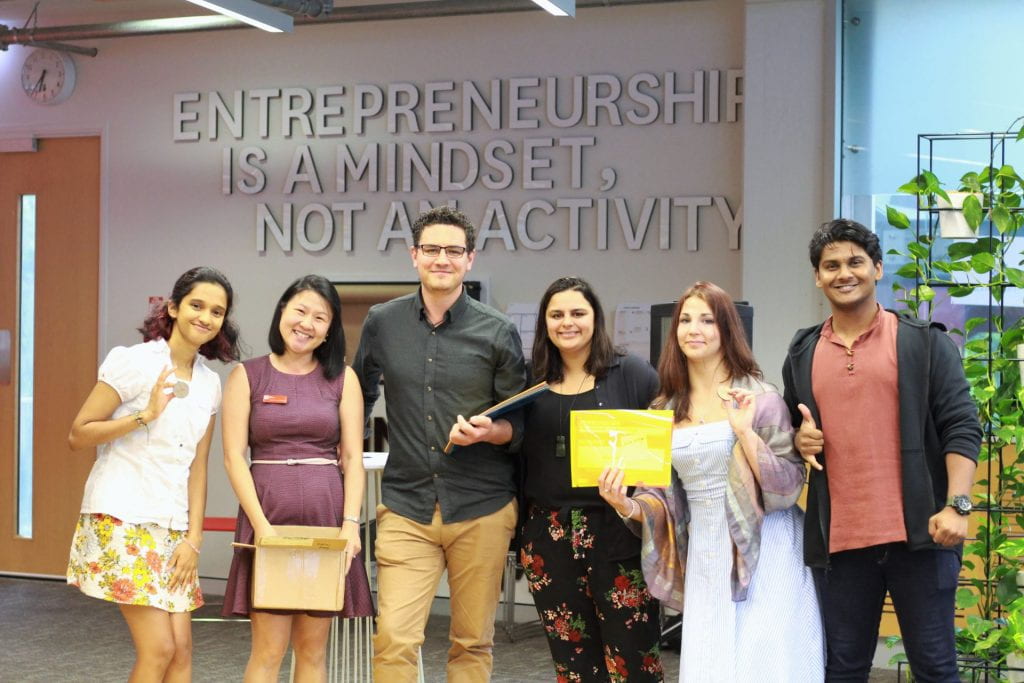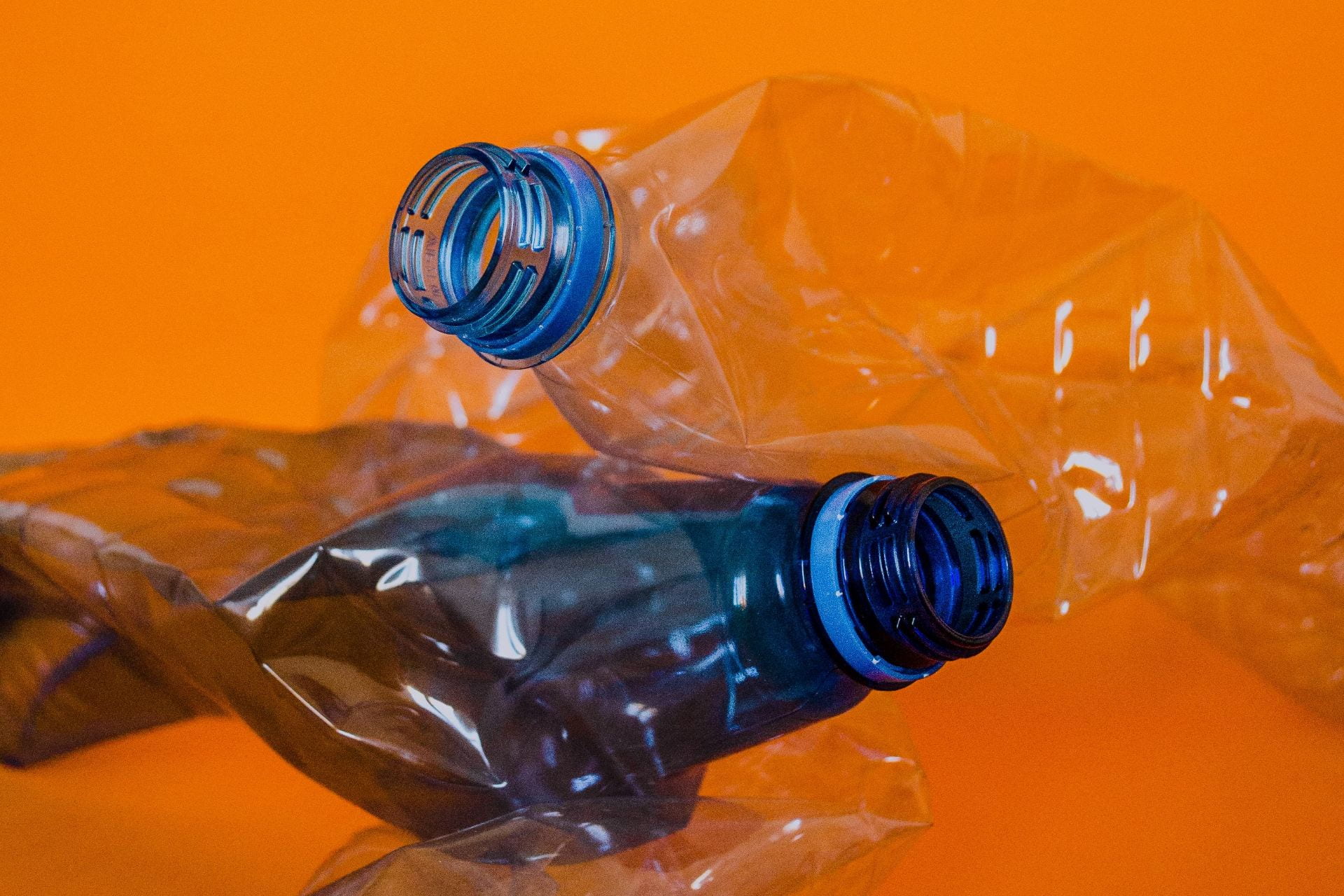
NEWSROOM
Tech company turns global plastic problem into exponentially useful resource
24 September 2021
The United Nations Environment Programme estimates that in as little as 30 years, our oceans could contain more plastic than fish. One organisation tackling the global environmental crisis head-on is Nilo, a tech company whose investors are a diverse group spanning New Zealand iwi and investors from countries such as Australia, Japan, Singapore, Germany, and the UK. Nilo is a New Zealand organisation strongly aligned to tikanga (Māori cultural beliefs and values), including kaitiakitanga – the belief that we are all guardians of our environment.
Nilo’s mission is to see ‘the end of waste’ by providing a way for all plastic to be processed and repurposed on a global scale. They are developing technology that can turn all types of plastic waste, including currently unrecyclable ocean and landfill plastic, into industrial adhesives that have a number of applications including the manufacturing of wood boards, plywood, MDF, and laminated products. The patented process is clean and low energy, with the potential to combine with other waste streams such as construction and demolition waste, wood, textiles, and e-waste.
They are also working with an Australasian company to produce high-strength roading solutions that improve not only the environmental but economic and safety aspects of the roading and pavement industry. With their technology, Nilo is able to create products such as blocks, pipes, and posts that potentially outperform current alternatives in strength tests, and shows promising results in early economic and environmental performance analyses.
At the end of their use, all of Nilo’s products can be granulated and re-processed into new products, creating a circular economy where plastic waste is the most valuable resource.
Nilo’s engineering leadership includes University of Auckland Master of Engineering alumnus Aditya Rudrakar, who wrote his thesis on plastic recycling. His job involves designing and developing equipment for the adhesive manufacturing process to ensure that they meet Nilo’s operational targets. He says, “My favourite part about this role is the opportunity to take the lead on a particular section of the plant and systematically work my way through it. Considering we have novel technology, the challenges associated with the equipment and its running change on a daily basis.”
Nilo was an ideal opportunity for Aditya, a recent graduate, to learn from an experienced team and be involved in many different parts of the business. He says, “Because the organisation was still in its early stages, there were ample opportunities for me to contribute and learn about different aspects of the technology. Despite being relatively new to the organisation, I was always invited to meetings and team discussions and given the opportunity to voice my opinions. The open communication and close-knit team also mean that it’s easy to set up a quick chat or brainstorming session, which helps us get things done quickly and efficiently.”
This isn’t Aditya’s first time working in a start-up-like environment. While studying, he co-founded two social ventures through Velocity, the University of Auckland’s entrepreneurship development programme, and participated in Summer Lab, the award-winning entrepreneurship programme run by the Business School’s Centre for Innovation and Entrepreneurship.

Aditya (right) at Summer Lab 2019
“Summer Lab was the perfect introduction to the world of innovation and entrepreneurship,” says Aditya. “In just four weeks, we had the opportunity to meet new people, brainstorm ideas, build an MVP, carry out market validation, get mentorship, and talk to potential customers. One stand-out moment was our final pitch to the judges. I remember feeling excited but equally nervous considering it was the first time I was pitching a business proposition to someone. It all went great in the end, and we got awesome feedback that helped us move in the right direction.”
Important skills that Aditya learned through his involvement with Velocity, Summer Lab, and Unleash Space (the University of Auckland’s innovation hub and maker space) are those of being open to change and listening to feedback. He says, “Being open to change and pivots have been incredibly useful in my career. Having a solution for a particular issue is great, but it may not be the best one. I learned to listen to feedback and advice without taking things personally. I realised that every person you come across will have a different perspective from yours, and may have something valuable to teach you in the long run.
“My advice to students is to simply give innovation and entrepreneurship a try. It will open a different approach to solving problems. It’ll get you out of your comfort zone, facing challenges and learning constantly with each step. Also, as an international student, I found that CIE programmes were wonderful places to integrate yourself with New Zealand’s work culture, and gives you the chance to meet brilliant people who are equally driven towards making a difference. Even if a start-up doesn’t work out, you will still learn incredible skills and make connections that will help you throughout life.”


24 September 2021
The United Nations Environment Programme estimates that in as little as 30 years, our oceans could contain more plastic than fish. One organisation tackling the global environmental crisis head-on is Nilo, a tech company whose investors are a diverse group spanning New Zealand iwi and investors from countries such as Australia, Japan, Singapore, Germany, and the UK. Nilo is a New Zealand organisation strongly aligned to tikanga (Māori cultural beliefs and values), including kaitiakitanga – the belief that we are all guardians of our environment.
Nilo’s mission is to see ‘the end of waste’ by providing a way for all plastic to be processed and repurposed on a global scale. They are developing technology that can turn all types of plastic waste, including currently unrecyclable ocean and landfill plastic, into industrial adhesives that have a number of applications including the manufacturing of wood boards, plywood, MDF, and laminated products. The patented process is clean and low energy, with the potential to combine with other waste streams such as construction and demolition waste, wood, textiles, and e-waste.
They are also working with an Australasian company to produce high-strength roading solutions that improve not only the environmental but economic and safety aspects of the roading and pavement industry. With their technology, Nilo is able to create products such as blocks, pipes, and posts that potentially outperform current alternatives in strength tests, and shows promising results in early economic and environmental performance analyses.
At the end of their use, all of Nilo’s products can be granulated and re-processed into new products, creating a circular economy where plastic waste is the most valuable resource.
Nilo’s engineering leadership includes University of Auckland Master of Engineering alumnus Aditya Rudrakar, who wrote his thesis on plastic recycling. His job involves designing and developing equipment for the adhesive manufacturing process to ensure that they meet Nilo’s operational targets. He says, “My favourite part about this role is the opportunity to take the lead on a particular section of the plant and systematically work my way through it. Considering we have novel technology, the challenges associated with the equipment and its running change on a daily basis.”
Nilo was an ideal opportunity for Aditya, a recent graduate, to learn from an experienced team and be involved in many different parts of the business. He says, “Because the organisation was still in its early stages, there were ample opportunities for me to contribute and learn about different aspects of the technology. Despite being relatively new to the organisation, I was always invited to meetings and team discussions and given the opportunity to voice my opinions. The open communication and close-knit team also mean that it’s easy to set up a quick chat or brainstorming session, which helps us get things done quickly and efficiently.”
This isn’t Aditya’s first time working in a start-up-like environment. While studying, he co-founded two social ventures through Velocity, the University of Auckland’s entrepreneurship development programme, and participated in Summer Lab, the award-winning entrepreneurship programme run by the Business School’s Centre for Innovation and Entrepreneurship.

Aditya (right) at Summer Lab 2019
“Summer Lab was the perfect introduction to the world of innovation and entrepreneurship,” says Aditya. “In just four weeks, we had the opportunity to meet new people, brainstorm ideas, build an MVP, carry out market validation, get mentorship, and talk to potential customers. One stand-out moment was our final pitch to the judges. I remember feeling excited but equally nervous considering it was the first time I was pitching a business proposition to someone. It all went great in the end, and we got awesome feedback that helped us move in the right direction.”
Important skills that Aditya learned through his involvement with Velocity, Summer Lab, and Unleash Space (the University of Auckland’s innovation hub and maker space) are those of being open to change and listening to feedback. He says, “Being open to change and pivots have been incredibly useful in my career. Having a solution for a particular issue is great, but it may not be the best one. I learned to listen to feedback and advice without taking things personally. I realised that every person you come across will have a different perspective from yours, and may have something valuable to teach you in the long run.
“My advice to students is to simply give innovation and entrepreneurship a try. It will open a different approach to solving problems. It’ll get you out of your comfort zone, facing challenges and learning constantly with each step. Also, as an international student, I found that CIE programmes were wonderful places to integrate yourself with New Zealand’s work culture, and gives you the chance to meet brilliant people who are equally driven towards making a difference. Even if a start-up doesn’t work out, you will still learn incredible skills and make connections that will help you throughout life.”
EMAIL
CIE@AUCKLAND.AC.NZ
POSTAL ADDRESS
THE UNIVERSITY OF AUCKLAND BUSINESS SCHOOL
PRIVATE BAG 92019, AUCKLAND












